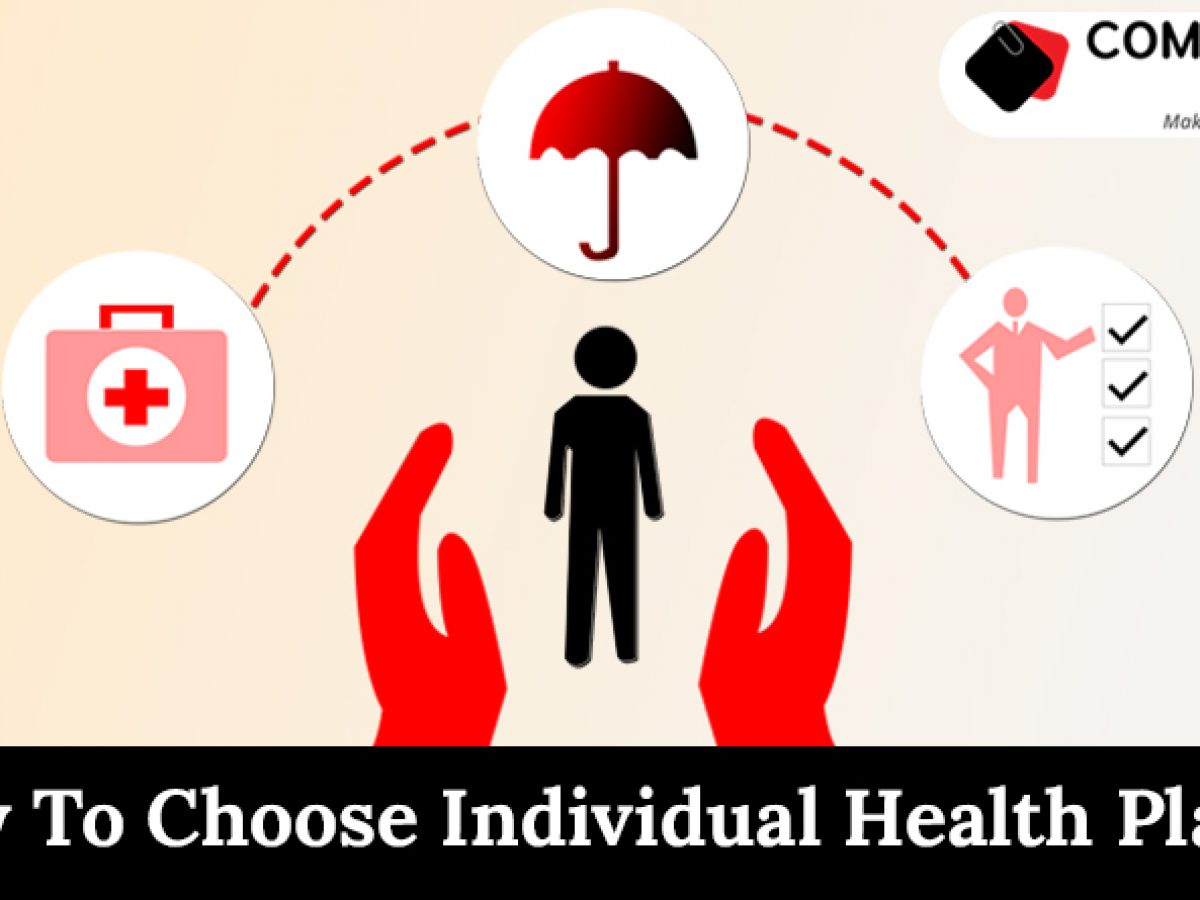Individual Health Insurance: A Comprehensive Guide
Health insurance is a vital component of financial planning for individuals and families. It provides financial security in case of unexpected medical expenses, helping individuals access quality healthcare without worrying about the cost. While many people rely on employer-sponsored health insurance, there are also options available for those who are self-employed, unemployed, or not covered by a group health insurance plan. Individual health insurance is designed to provide coverage for individuals and their families, offering a range of benefits and services to meet their healthcare needs.
Why You Need Individual Health Insurance
Individual health insurance is important for several reasons. It provides protection against high medical costs, ensuring that you can receive necessary medical treatment without incurring significant financial burden. Without health insurance, a medical emergency or chronic illness can quickly lead to financial hardship, causing individuals to deplete their savings or go into debt to pay for medical expenses. Individual health insurance helps individuals avoid this risk by providing coverage for a wide range of healthcare services, including doctor visits, hospital stays, prescription medications, and preventive care.
Types of Individual Health Insurance Plans
There are several types of individual health insurance plans available to consumers. The most common types include:
1. Health Maintenance Organization (HMO) Plans
HMO plans require individuals to choose a primary care physician (PCP) who serves as the gatekeeper for all healthcare services. To see a specialist or receive non-emergency care, individuals must obtain a referral from their PCP. HMO plans typically offer lower out-of-pocket costs and require individuals to use network providers for all healthcare services.
2. Preferred Provider Organization (PPO) Plans

PPO plans allow individuals to see any healthcare provider without a referral, including specialists. While PPO plans offer greater flexibility in choosing healthcare providers, they typically have higher out-of-pocket costs compared to HMO plans. PPO plans also have a network of preferred providers that offer discounted rates for covered services.
3. Exclusive Provider Organization (EPO) Plans
EPO plans combine features of HMO and PPO plans, requiring individuals to use network providers for all healthcare services but not mandating a referral from a PCP. EPO plans offer lower out-of-pocket costs compared to PPO plans while still providing some flexibility in choosing healthcare providers.
4. Point of Service (POS) Plans

POS plans require individuals to choose a primary care physician and obtain referrals to see specialists. While POS plans offer coverage for out-of-network providers, individuals typically pay higher out-of-pocket costs for services received outside the plan’s network.
Factors to Consider When Choosing Individual Health Insurance
When selecting an individual health insurance plan, there are several factors to consider to ensure that you choose the right coverage for your healthcare needs and budget. Some key factors to consider include:
1. Premiums
The premium is the monthly cost of the health insurance plan. It is important to consider how much you can afford to pay each month for health insurance while still receiving the coverage you need.
2. Deductibles

The deductible is the amount you must pay out of pocket before your health insurance coverage kicks in. Higher deductibles typically result in lower monthly premiums, while lower deductibles lead to higher premiums.
3. Copayments and Coinsurance
Copayments are fixed amounts that you pay for covered services, such as doctor visits or prescriptions. Coinsurance is a percentage of the cost of covered services that you are responsible for paying. It is important to understand how copayments and coinsurance work in your health insurance plan.
4. Network Coverage
Most health insurance plans have a network of healthcare providers and facilities that offer discounted rates for covered services. It is important to ensure that your preferred healthcare providers are in the plan’s network to maximize your coverage and minimize out-of-pocket costs.
5. Coverage for Essential Health Benefits
Under the Affordable Care Act, individual health insurance plans are required to cover essential health benefits, including preventive care, emergency services, prescription drugs, and mental health services. It is important to review the plan’s coverage for essential health benefits to ensure that it meets your healthcare needs.
Conclusion
Individual health insurance is a valuable tool for protecting individuals and families against high medical costs and ensuring access to quality healthcare services. By understanding the types of individual health insurance plans available, key factors to consider when choosing a plan, and the benefits of individual health insurance coverage, individuals can make informed decisions about their healthcare needs and financial security. It is important to review individual health insurance options carefully and select a plan that provides the coverage and benefits that best meet your healthcare needs and budget.

